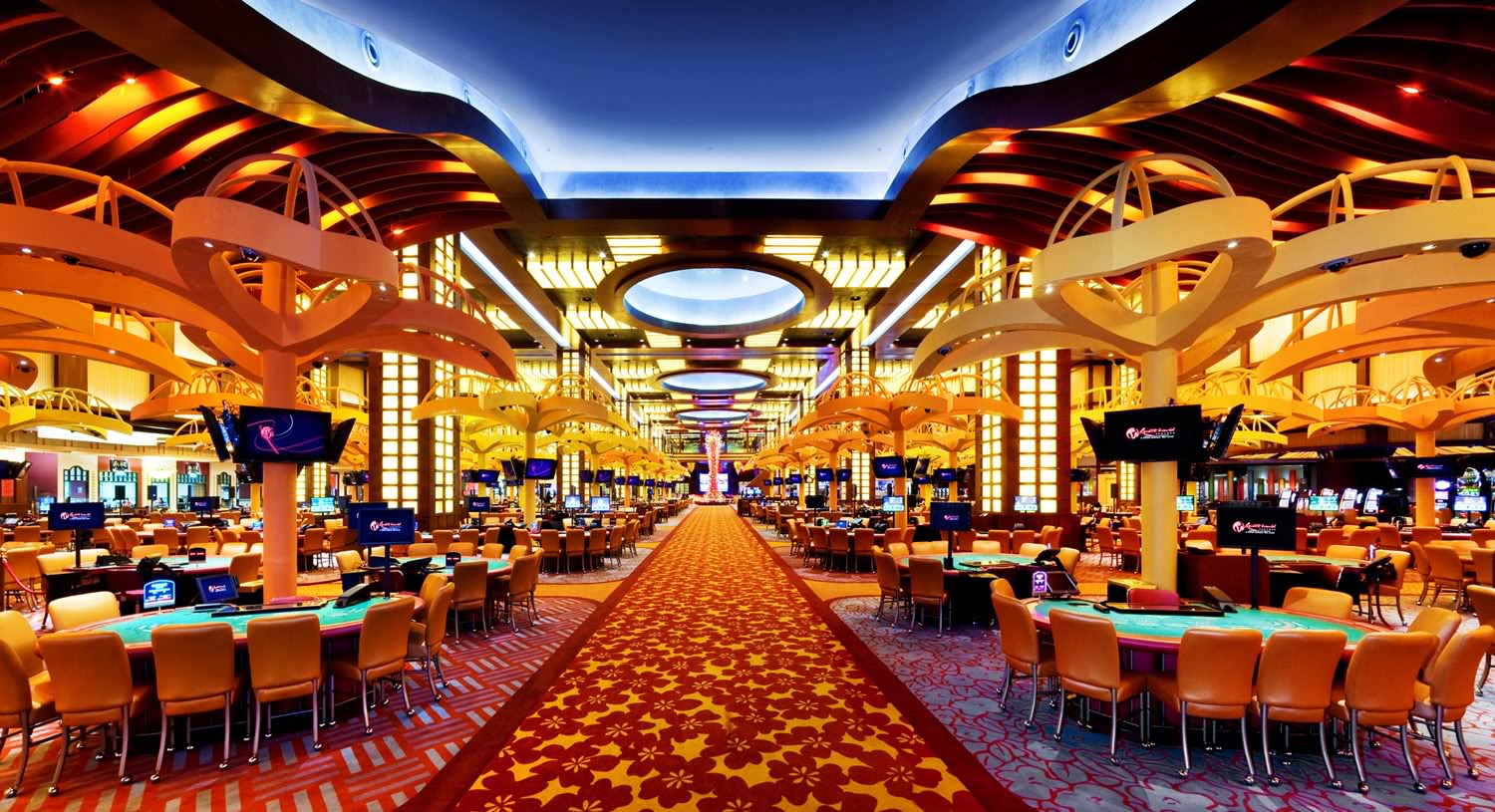Casino entertainment have long been a engaging entertainment option, drawing millions of players from varied cultures around the globe. From the lively casinos of the Strip to the busy gambling halls of Macau, these games serve as a common thread that connects people across various backgrounds. The allure of fortune, strategy, and uncertainty entices not only those looking to strike it rich but also those in search of a sense of community.
The significance of casino games extends well beyond the gaming floor. They often embody the social norms and principles of the societies in which they flourish. Games such as Texas hold ’em, blackjack, and roulette have integrated into the mosaic of cultural phenomena, influencing everything from movies to clothing. As we explore this intriguing intersection of chance and society, we can better understand how gambling games shape and are affected by the surrounding world.

Chronological Progression of Gaming Activities
The roots of gambling games can be followed back to old civilizations, where betting in different forms was extensively engaged in. In China, around 2300 B.C., a form of gambling known as Keno was popular, while in ancient Rome, soldiers would regularly wager on the outcomes of their contests. The concept of using luck for entertainment and income evolved over the ages, leading to the creation of more structured games. By the end of the Middle Ages, gambling houses started to appear in the continent, especially in Italy, which brought forth early forms of popular activities still enjoyed today.
As betting increased recognition in European regions, the 17th and 18th centuries saw the emergence of casinos as dedicated locations for gambling. The initial official gaming venue, the Ridotto, was established in the city of Venice in sixteen thirty-eight, providing activities like Baccarat and Faro games. This time marked a significant pivoting point, as gaming venues commenced to attract not just the high society but also the expanding middle-income class. The sophistication of games grew, leading to the development of new regulations and variations that enriched the gaming experience.
In the 19th century, the industrial revolution and transformations in societal conventions also transformed the environment of gaming games. The launch of the game of roulette and new one-armed bandits pulled in a broader audience, and casinos became seen as legitimate entertainment. This era witnessed the international spread of casino activities, as gambling houses spread from the continent to the Western Hemisphere, culminating in the creation of the legendary Las Vegas Strip in the 20th century. The evolution of casino activities has continued into the current era, incorporating technology and online platforms, rendering them open to a worldwide audience.
### Cultural Importance within Different Cultures
Casino games have significant cultural importance within numerous societies around the world. Places like Las Vegas, the very core of the urban landscape is woven around casinos, where gambling is not just a pastime but a central aspect of entertainment and community life. The vivid lights and lively atmosphere attract a vast audience, showcasing how gambling activities can impact local economies and cultural identities. This surrounding transforms the notion of leisure into an engaging event that influences style, melodies, and even movies.
Conversely, some societies treat wagering with an air of caution, viewing it through the lens of ethical considerations and customs. A case in point, in various Asian communities, games like Mahjong and Pai Gow are full of history and carry significant social relevance. uus777 These games are often played during gatherings and festivities, fostering social ties and solidifying familial ties. The act of playing these games goes past mere leisure, reflecting principles such as honoring elders and the significance of collective enjoyment.
At the same time, in Western countries such as Monte Carlo and the Italian Peninsula, gambling activities serve as symbols of wealth and refinement. The refined atmosphere of these venues attracts both travelers and residents, reinforcing a sense of status and rarity. The art of poker and the strategic elements of games like baccarat are esteemed, shaping community relationships and establishing an attraction that captivates a diverse audience. This highlights how casino games can both mirror and mold cultural perspectives towards risk, reward, and social interaction.
Financial Influence and Tourism
Casino games play a significant role in the financial context of many areas, particularly those that rely heavily on visitor traffic. The revenue generated from gambling establishments fuels local financial systems, creating jobs not only within the casinos themselves but also in related sectors such as hotel management, restaurant services, and recreation. This surge of tourists, drawn by the allure of gambling and the overall casino experience, stimulates expenditure across multiple local enterprises, contributing to the economic vitality of the area.
The existence of casinos often leads to the construction of infrastructure, including hotels, transportation systems, and recreational facilities. These developments are essential in enhancing the overall tourist experience, making locations more attractive to tourists. Additionally, many casinos invest in local communities through sponsorship of activities and philanthropic initiatives, further embedding themselves into the community structure of the locality. Such investment not only supports economic growth but also fosters a positive reputation of the casino industry.
Furthermore, the global popularity of casino games drives tourism competition, with locations vying to attract players from across the globe. Iconic locations like Las Vegas and Macau have become identifiable with casino culture, drawing millions annually. This advantage encourages innovation and diversification within the gambling sector, influencing developments in leisure and hospitality that resonate beyond their borders. The consequences of this tourism extend far, impacting local economies and cultural interactions on a worldwide scale.